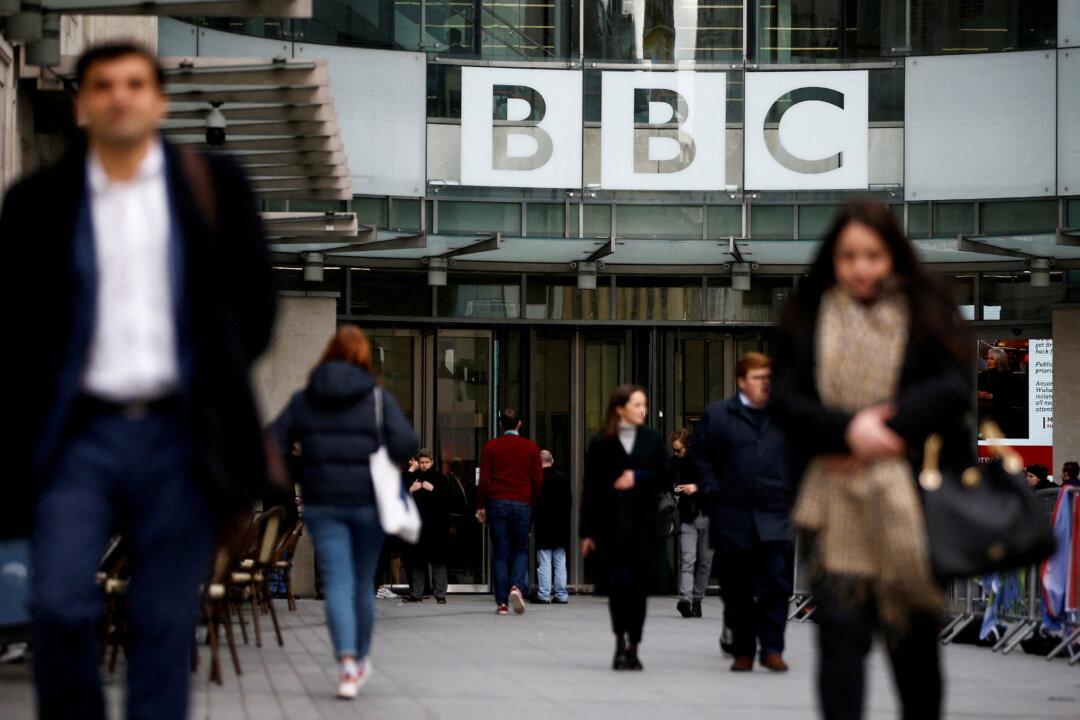A British High Court judge has blocked the BBC from naming an alleged MI5 informant the news outlet claims to be a “dangerous extremist and misogynist.”
The BBC planned to broadcast a report revealing the identity of a man they say used his status as an agent to abuse and coerce a former partner.





